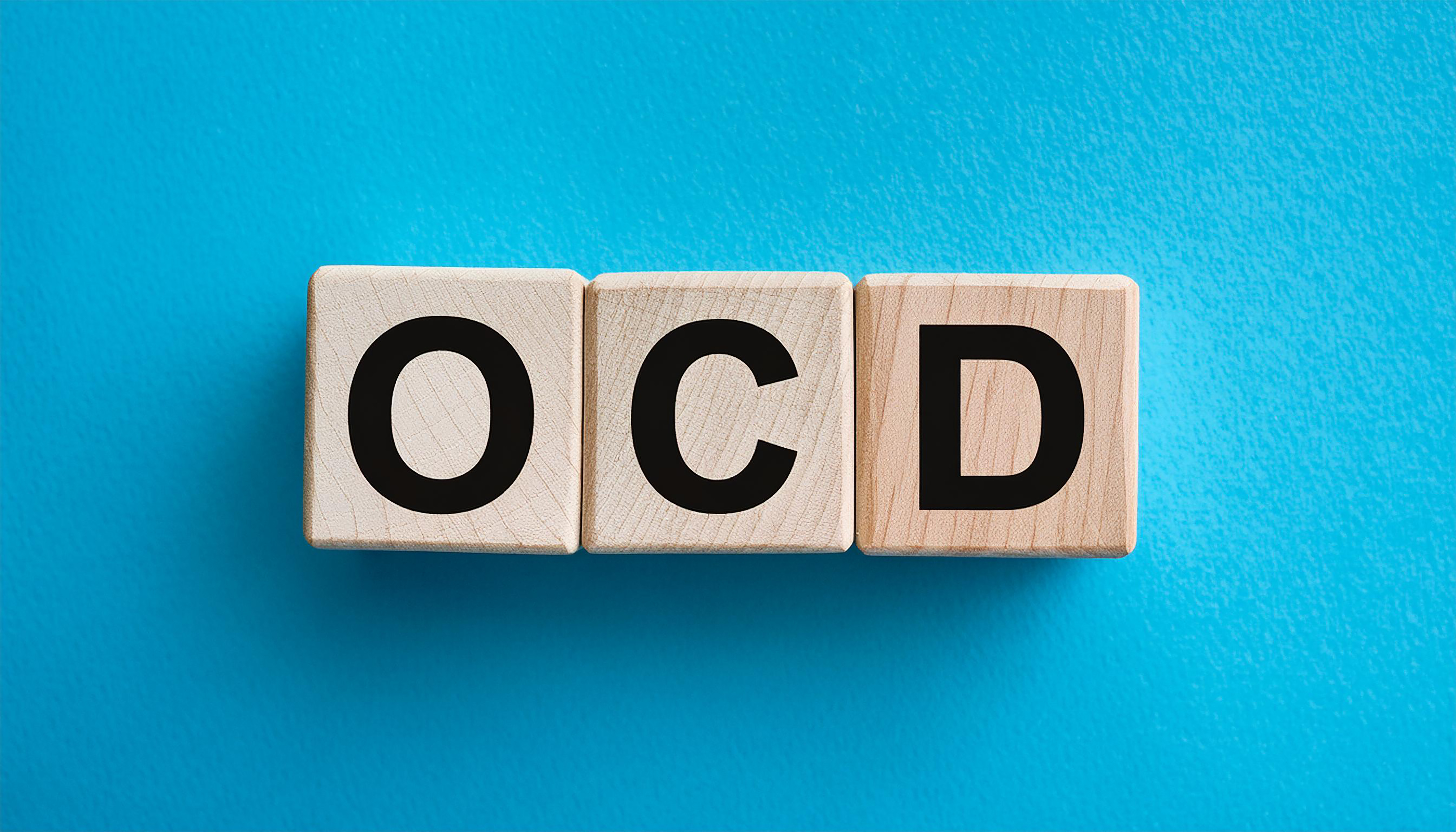7/15/2024

Obsessive Compulsive Disorder (OCD) is far more than a penchant for cleanliness or a preference for organization—it’s a complex mental health condition that affects millions worldwide. Defined by the presence of obsessions—unwanted, intrusive thoughts—and compulsions—repetitive behaviors performed to alleviate anxiety—OCD can significantly impact daily life, relationships, and overall well-being.
Understanding Contamination OCD
For Emily Morehead, a seasoned psychotherapist specializing in OCD at The Couch Therapy, PLLC, contamination OCD is a familiar adversary. This subtype revolves around an overwhelming fear of germs and illness, compelling individuals to engage in compulsive behaviors like excessive handwashing or avoiding public spaces. These rituals are an attempt to manage the intense anxiety triggered by intrusive thoughts about contamination.
Symptoms and Manifestations
OCD manifests uniquely in each individual, but common themes include fears of harming others, perfectionism, and obsessions with symmetry or order. Compulsions often manifest as repetitive cleaning, checking, or strict adherence to routines. Symptoms typically emerge in adolescence or early adulthood and can vary in intensity over time.
 Wood blocks with abbreviation text OCD - Obsessive-Compulsive Disorder. Medicine and healthcare concept. Top view, flat lay.
Wood blocks with abbreviation text OCD - Obsessive-Compulsive Disorder. Medicine and healthcare concept. Top view, flat lay.
Treatment and Management
While OCD is chronic, effective treatments exist to help manage symptoms and improve quality of life. Therapy, such as Cognitive Behavioral Therapy (CBT), particularly Exposure and Response Prevention (ERP), helps individuals confront fears and reduce compulsive behaviors. Medications like selective serotonin reuptake inhibitors (SSRIs) may also be prescribed to alleviate symptoms.
Living with OCD
Living with OCD can be challenging, but with the right support and strategies, individuals can lead fulfilling lives. Support groups and therapy provide crucial avenues for managing symptoms and finding solidarity with others facing similar challenges.
Breaking Stigmas and Moving Forward
Despite its prevalence, OCD often faces misunderstanding and stigma. Education and awareness are crucial in dispelling misconceptions and fostering empathy for those navigating this complex disorder.
Conclusion
As research progresses and awareness grows, the landscape of OCD treatment continues to evolve. By understanding the complexities of OCD—its manifestations, treatments, and impact—we can better support those affected and promote a more inclusive, informed society.
For those grappling with OCD or supporting loved ones, seeking professional guidance is pivotal. With the right resources and understanding, individuals can embark on a path towards managing OCD and reclaiming control over their lives.
Houston Style Magazine readers, this article aims not only to inform but also to empower, encouraging a compassionate dialogue around OCD and promoting avenues for support and healing.
Expert Source: Emily Morehead, MA, LPC, PMH-C, Co-owner and Psychotherapist at The Couch Therapy, PLLC
